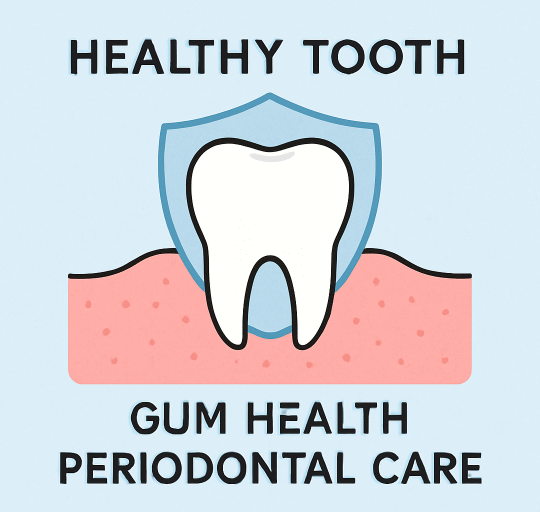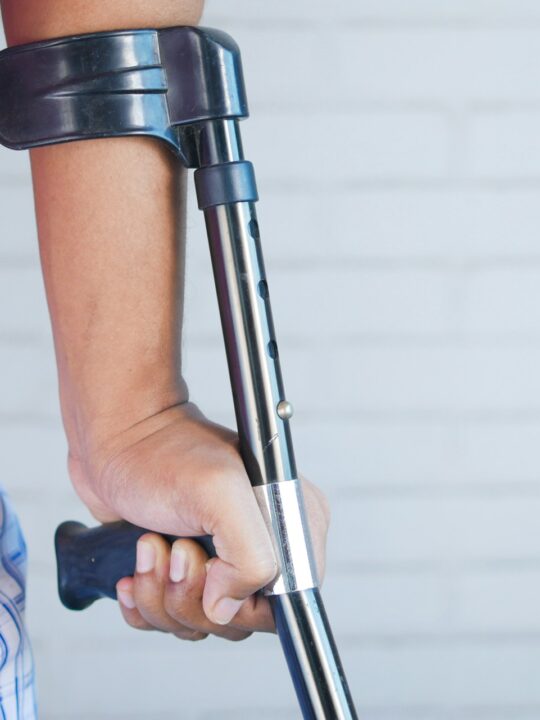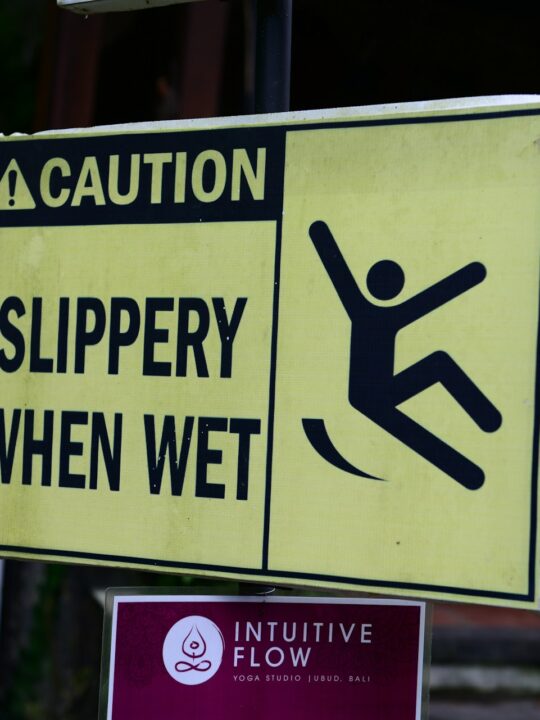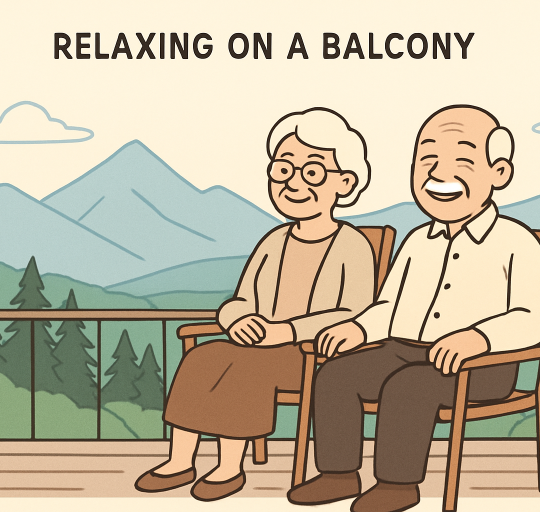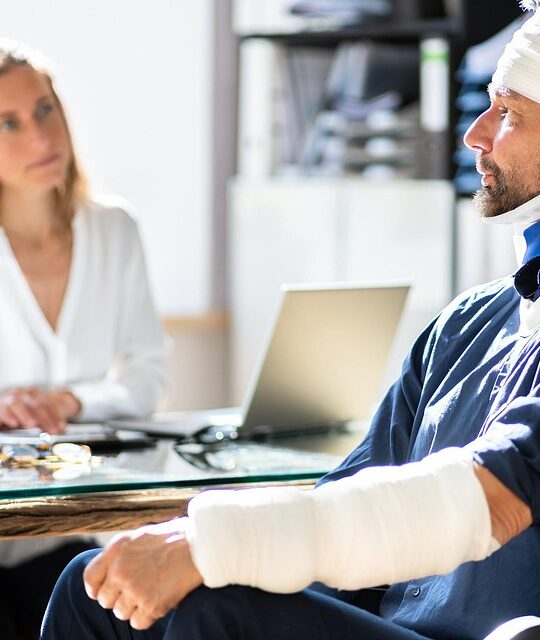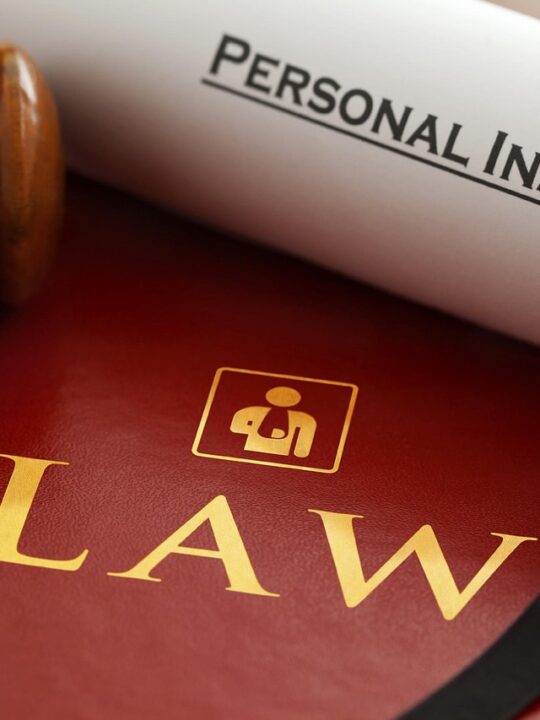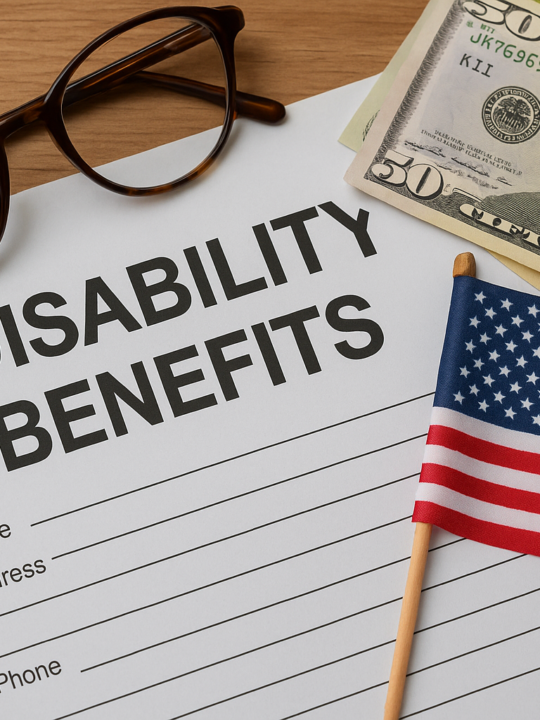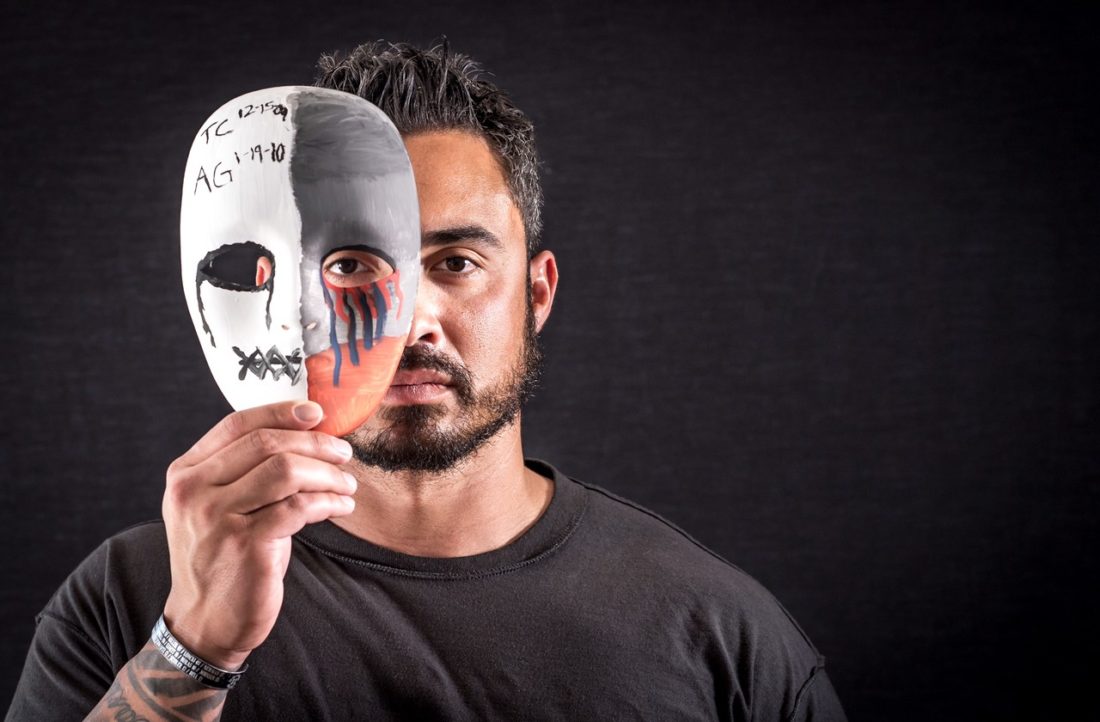
Any negative, life-changing event can cause PTSD. A total of 3.5 percent of American adults currently live with PTSD.
It can strike after a military tour overseas, but it can occur when you least expect it. For some, this mental illness rears its ugly head after a car accident.
If you’re struggling with your mental health after a serious car accident, these tips can help.
Table of Contents
Hire an Auto Accident Injury Lawyer
There’s a lot to deal with after you experience an accident. In an effort to get back to normal as fast as possible, you may be tempted to file your claim with your insurance and move on with your life.
Unfortunately, things rarely go as smoothly as they should after an accident. You may experience trouble with your insurance, the other person’s insurance, or you may experience lasting medical issues after the accident is over.
Provide yourself with peace of mind by hiring an accident injury lawyer. They can help you understand your rights, and they can help you get the compensation you deserve, providing you with the monetary support you need to heal as quickly and fully as possible.
See a Therapist
It doesn’t matter how mild or severe your symptoms if you’re not feeling like yourself after an accident, it’s always a good idea to see a therapist.
Although medication may be a good option, you don’t have to take medicine if you don’t want to. Talk therapy comes with many benefits that include:
- Positive mental habits that last for years
- Giving you a different perspective on your accident
- Decreasing the chances of self-medicating
- Showing you that you aren’t alone
- Demonstrating the importance of self-care if you have children
- Treating the mental can often have positive effects on physical symptoms
- Reach out to Friends and Family
Support from an attorney can make sure you get the compensation you deserve after an accident, and a therapist can help you work through complex feelings, but your support system shouldn’t stop there. In order to navigate through day-to-day life, you have to get support from your friends and family.
Family can provide you with the perfect support system, but don’t discount your chosen family. If you’re too afraid to reveal that you’re struggling with a mental illness to your immediate family, share your struggles with trusted friends instead.
Not ready to open up about your struggles yet? You don’t have to talk about your feelings to get support from friends and family! Just spending time with them by going to dinner, shopping at the mall, and going for walks on the trail can help you heal, even if you don’t talk about your accident.
Find Alternate Transportation Options
If you were in an accident that was serious enough to leave you with symptoms of PTSD, you probably aren’t looking forward to getting back into the car again anytime soon. Although you’ll have to face your fear eventually, there’s nothing wrong with looking for alternate transportation options until you’re ready.
A train, subway, or bus may be a good option when it comes to getting to and from work. If you live relatively close to work, the grocery store, and other important destinations, you can consider riding a bike or riding a moped.
If you don’t trust yourself behind the wheel, but you trust others, ask friends and family if they would be willing to drive you where you need to go while you heal.
Avoid the Scene of the Accident Until You’re Ready
Whether you’re comfortable getting behind the wheel or not, you may want to consider avoiding the scene of the accident.
Revisiting the scene, whether behind the wheel of a car or on foot, can bring back a flood of feelings you may not be willing to deal with. It can make going to school or work afterwards nearly impossible.
Even if it takes a little longer, choose a different route that enables you to avoid the scene of the accident. Only revisit the scene when your therapist tells you that you’re ready.
Rethink How You Approach Work
There are a lot of things about everyday life that can suddenly become a big challenge if you’re suffering from PTSD. Work is one of the most challenging.
It can be difficult to focus at work after an accident, and unfortunately, many people have to return sooner than they should, which makes focusing even more difficult.
If you can’t take more time off of work, there are ways you can get through a rough day. A few tips include:
- Ask for a more flexible schedule
- See if you can work from home
- Minimize distractions
- Do things that help you focus, like listening to music
- Take a minute to regroup if you start to feel overwhelmed
- Do Things You Enjoy
It’s easy for life to become an endless cycle of working, healing, and appointments after an accident. That leaves little room for fun, but having fun is important to your mental health, whether you suffer from a mental illness or not!
If you don’t make time to have fun, it’s easy to get lost in feelings of fear and despair. It’s also more likely that you’ll build negative habits that will be extremely difficult to break, even if you heal yourself from your PTSD diagnosis.
Make time to do things you enjoy, no matter where you are at in the process of healing after an accident. It might be something as simple as going to a movie or working on a new craft project, or it could be something as grand as planning a big vacation.
You aren’t alone if you’re experiencing PTSD after a car accident. The good news is, you don’t have to suffer forever. With these tips and a little time, you can get your life back.
